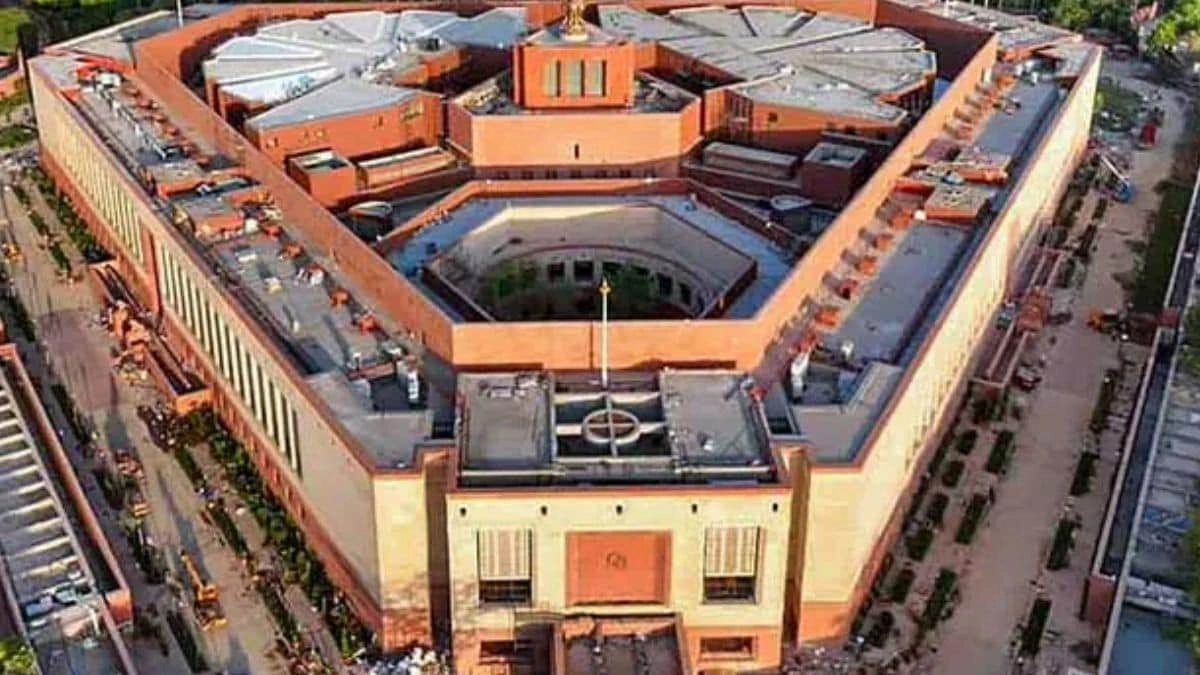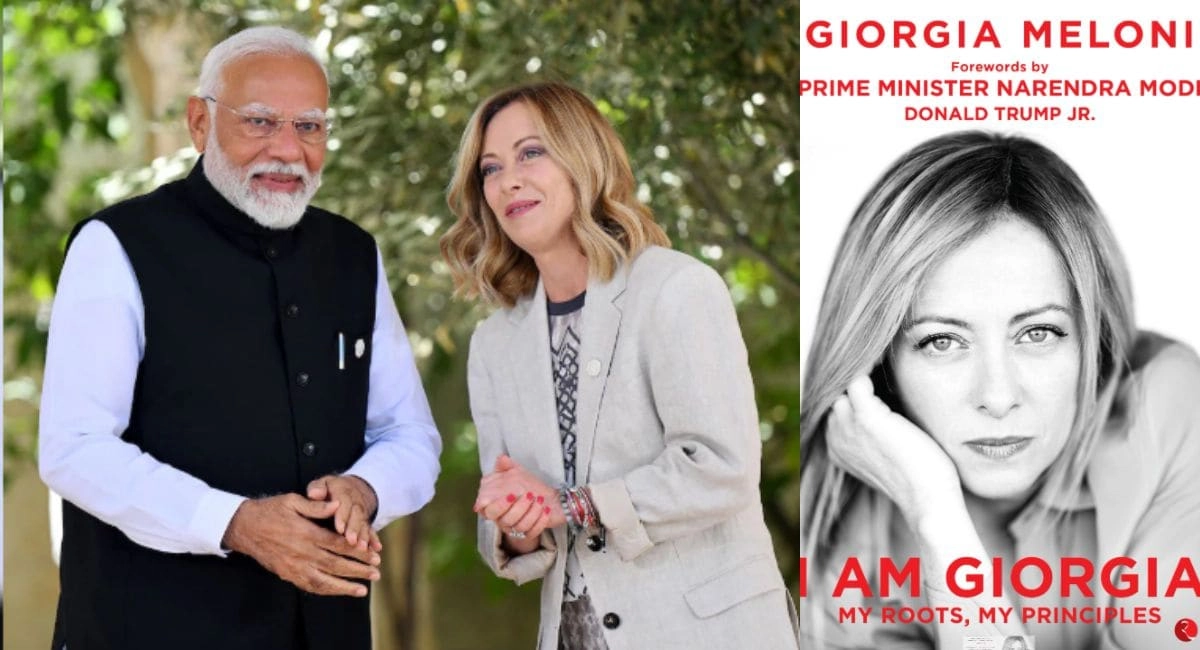In a recent statement, a former U.S. official emphasized the importance of prioritizing Indian values in the context of remarks made by Rahul Gandhi, a prominent Indian politician. The official’s comments reflect a growing concern regarding the preservation of cultural and ethical principles that are integral to India’s identity. Gandhi’s remarks, which have sparked considerable debate, seem to challenge certain contemporary practices that may diverge from traditional values. This dialogue is crucial, as it highlights the need for political leaders to remain grounded in the cultural heritage that shapes the nation’s ethos.
The ex-U.S. official’s perspective underscores a broader narrative about the significance of maintaining a balance between modernity and tradition in India’s rapidly evolving political landscape. As globalization influences various aspects of Indian society, including governance and social norms, there is a pressing need for leaders to be cognizant of the historical and cultural context in which they operate. By prioritizing Indian values, political figures like Gandhi can inspire a sense of unity and purpose among citizens, fostering a more inclusive and harmonious society.
Moreover, the emphasis on Indian values serves as a reminder that political discourse should not only focus on economic growth and development but also on the moral and ethical dimensions that define the nation. In a diverse country like India, where myriad cultures and traditions coexist, promoting values that resonate with the populace can bridge divides and encourage collaboration across different groups. As leaders engage in discussions that shape public policy, grounding their arguments in the rich tapestry of Indian values can enhance their resonance with the electorate and contribute to a more robust democratic framework.
In conclusion, the remarks made by Rahul Gandhi and the subsequent response from the ex-U.S. official highlight an important conversation about the role of values in contemporary politics. As India navigates the complexities of modern governance, prioritizing its cultural heritage can serve as a guiding principle for leaders. This approach not only affirms the unique identity of the nation but also strengthens democratic practices, ensuring that the voices of all citizens are heard and respected. The interplay between tradition and progress will continue to be a defining feature of India’s political narrative moving forward.




